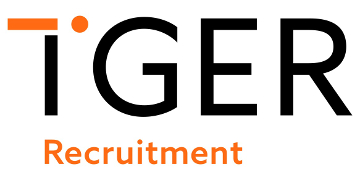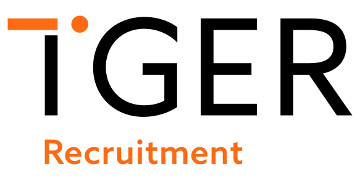The reintegration of return-to-work (RTW) parents is an important issue for businesses today. While many employers might only consider how policies affect mothers, according to Working Families’ Modern Families Index 2019, just under half of fathers work flexible hours compared to 51% of mothers. RTW policies need to consider all parents: mothers, fathers, including birth and adoptive parents.
Tiger Recruitment hosted a roundtable in January 2020 that brought together a select group of HR professionals across a range of industries. There were representatives from companies that had overcome potential challenges and found success with reintegrating RTW parents, as well as those looking to learn more about motivating parents back to work. Alongside discussing best practices and current stigmas in the workplace, we asked our attendees what the future of RTW practices might look like.
The state of play
Current statutory allowances for leave and pay in the UK differ for mothers, fathers, birth and adoptive parents. While many companies offer over and above this (as was the case with 67% of the businesses at the roundtable), there is still a long way to go for many. According to the Equality and Human Rights Commission one in five mothers has experienced harassment or negative comments related to pregnancy or flexible working from their employer or colleagues, while nearly half of working fathers have reported experiencing tension regularly at work when trying to balance work and family life.
Paving the way for change
Our attendees agreed that it would be the physical workspace, for the most part, that could change. For example, workplaces would be most likely to change facilities such as feeding rooms (a benefit that is already included in two of the current offices represented). On-site crèche facilities would also aid a parent’s transition back to work.
The answer may be to look to countries like Sweden, Portugal and Finland, which have implemented systems where maternity and paternity policies don’t exist. Rather, there is one clear policy where all parents are entitled to 460 (Sweden), 168 (Finland) and 120 (Portugal) days' paid leave. This may eliminate existing biases against RTW mothers in the workplace, while giving fathers the option to take time off to care for their children.
In the City of London, Goldman Sachs is ahead of its competitors by offering equal fully-paid leave of 20 weeks, backing it up with a supportive intranet for working parents where they can share experiences regarding childcare and raising a family. Some businesses, like CA Technologies, already offer free in-house childcare, while Facebook in the US offers a baby bonus to ease the financial burden.
EY provides parent coaches for its employees, allowing them to access advice on how to manage work and life effectively. Marks & Spencer prides itself on offering paid time off for prospective parents to attend adoption meetings and IVF treatments.
Making room for fathers
In terms of policy, the future is likely to see more fathers desiring equal leave policies from their employers and government. The UK government’s current Shared Parental Leave policy has not had a high participation rate from fathers, with only 7% of eligible fathers having made use of it. However, “38% of those planning to have further children [are] intend[ing to take shared parental leave] when they have their next child.”
Reasons cited for this slow uptake include parents finding they will be at a financial disadvantage in comparison to the mother taking maternity leave alone, or that they find the system too complex.
Returnships
We may also see an increase in returnships, which are paid short-term contracts for experienced and senior professionals. These provide a way for them to transition back into the workforce after a career break – usually ending in a permanent position for the employee. High-profile companies like EY, Macquarie Bank and Man Group are already running these programmes, affording them access to experienced individuals before committing to a permanent contract. These may become more commonplace in businesses as a way to offer RTW parents access to coaching and support while they ease back into the workplace.
To request your copy of our Reintegrating Parents into the Workplace roundtable report, click here.
Rebecca Siciliano is the managing director of Tiger Recruitment, a leading PA recruitment consultancy in London











